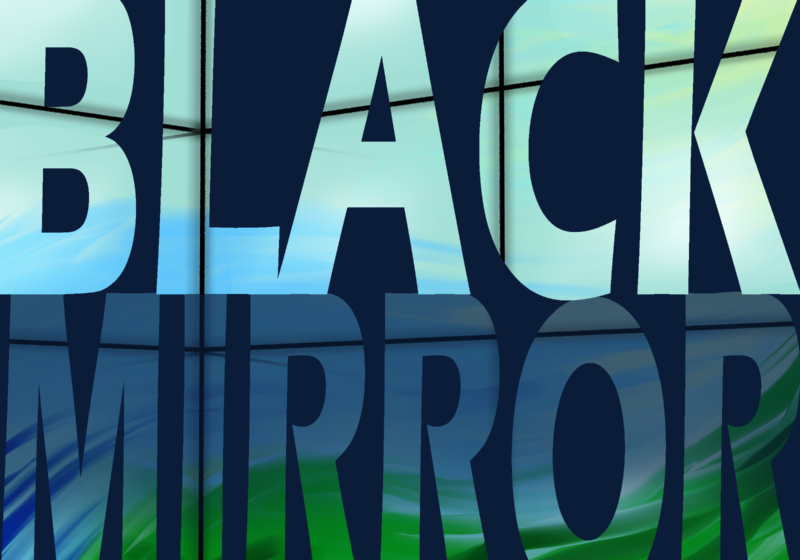If you’re like any other human being in the world right now, then you’re exhausted from staring at the big screen while scrolling through your little screen to reward yourself for staring at the medium screen all week. Now imagine what it would feel like if your entire house shrunk to one room where all the walls were digital screens and you couldn’t control what you were consuming. Talk about the walls closing in.
The chills you may be feeling now were the same ones I had when I watched the Black Mirror episode “Fifteen Million Merits.” At the time, I recovered quickly, thinking to myself, “Surely this is light years away from becoming our reality, right?” Wrong. So wrong.
In the episode, we see a dystopian society where people have to cycle on bikes each day to earn their merits, or in other words their currency, to perform the most trivial of daily tasks such as brushing their teeth. Moreover, their only form of entertainment is the content forced upon them wherever they look, even in their own private space. We can already see these scenarios slowly but surely manifesting themselves through TikTok videos and Instagram Reels, where you feel like you are literally trapped inside the feature, and it becomes that much harder to stop scrolling and exit the app. This lifestyle drives the protagonist to attempt suicide, unable to bear this “false reality”, which seems too close for comfort.
On Oct. 28, 2021, Not too many months ago, Mark Zuckerberg announced the rebranding of his conglomerate from Facebook to Meta, officially ushering in the people’s move to the Metaverse. In a somewhat post-COVID covid world, where our social skills and mental stability are already hanging by a thread, Zuck really chose the perfect time to drop that bomb.
There are other Black Mirror episodes that alarmingly depict the horrors of a virtual world consuming us, such as “Striking Vipers” and “Playtest” (I would strongly recommend watching them if you haven’t). While Zuckerberg boasts that his Metaverse gives people a chance to experiment with different identities and appearances, and even went as far as to hint that it will enable the creation of entirely new professions, economic models, and political communities, those Black Mirror episodes all highlight a very critical and often ignored side effect — losing the ability to distinguish between what’s real and what’s fake.
More than anything else, I believe that people in the middle of a 2-year-long (and counting) pandemic are simply desperate to feel a physical human connection again and being encouraged to jump straight into a synthetic world that could isolate them even further has potentially devastating effects for society.
However, I can’t help but also consider the wild possibilities that a virtual setting could offer for disciplines like art and design. With dynamic art pieces and 3D street art, stepping inside a painting is not so far-fetched when it comes to the Metaverse, and Zuck is offering us the opportunity to live out our wildest “Night at the Museum” fantasies.
The Metaverse, like anything else, is neither inherently good nor inherently bad. It has the potential to be both, depending on how we as humans choose to utilize it in the future, and whether we allow ourselves to lose touch with our physical reality. However, when rewatching the Metaverse keynote video showcased by Mark himself, I realized that his Metaverse is meant to be an “enterprise metaverse” first and foremost, which to me sounds more lame than dangerous. So maybe, we’re not totally screwed… yet.






